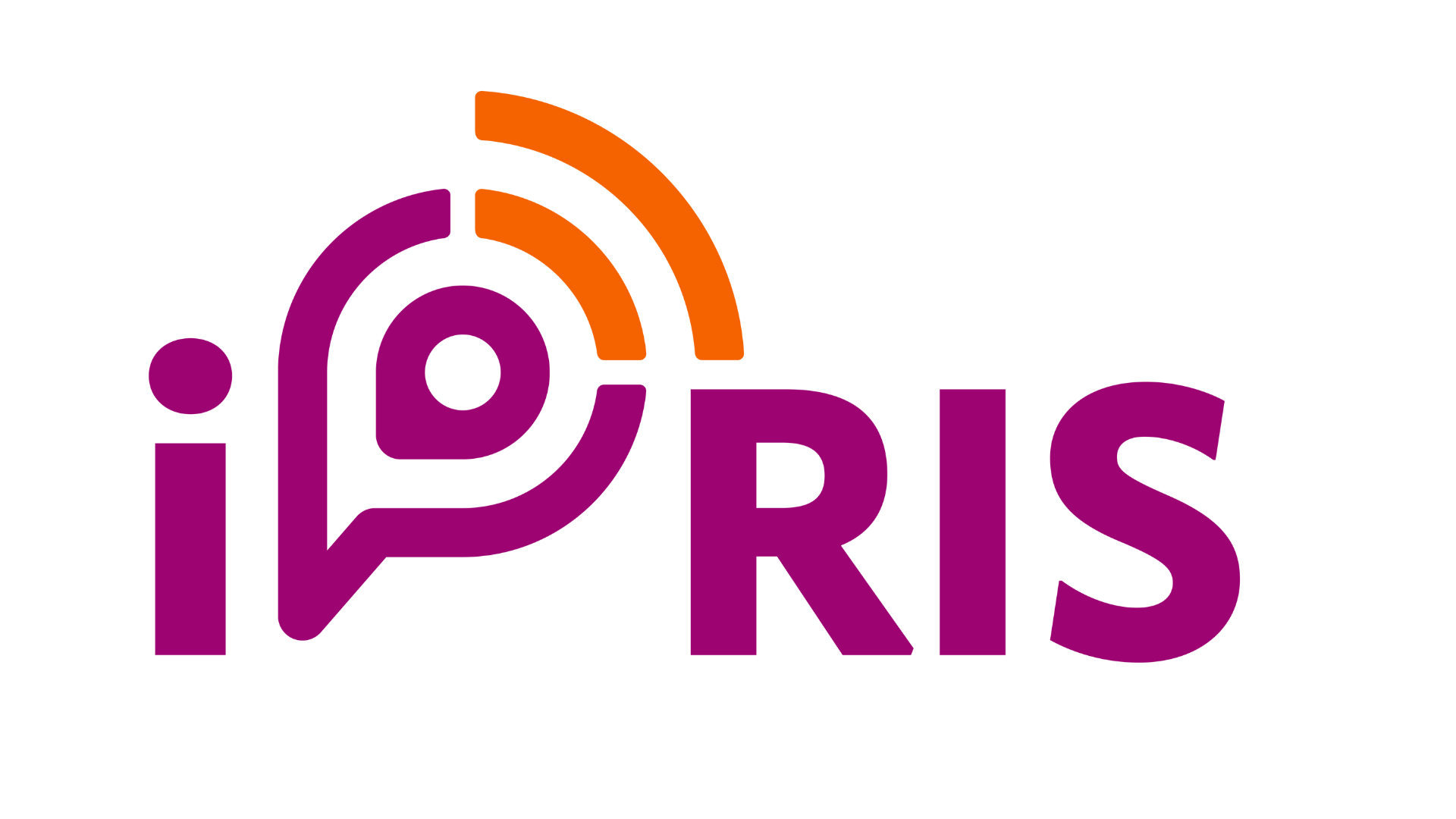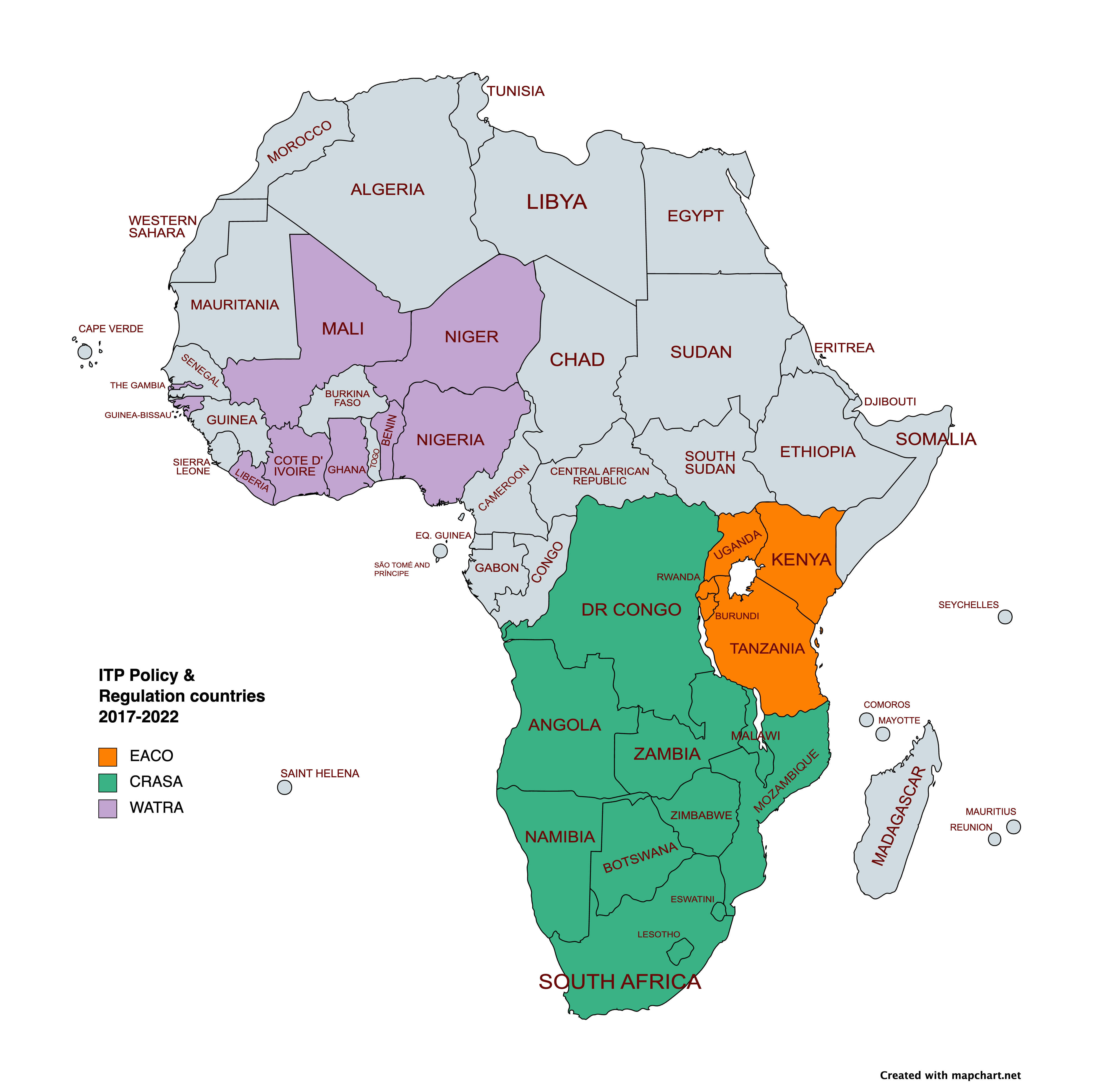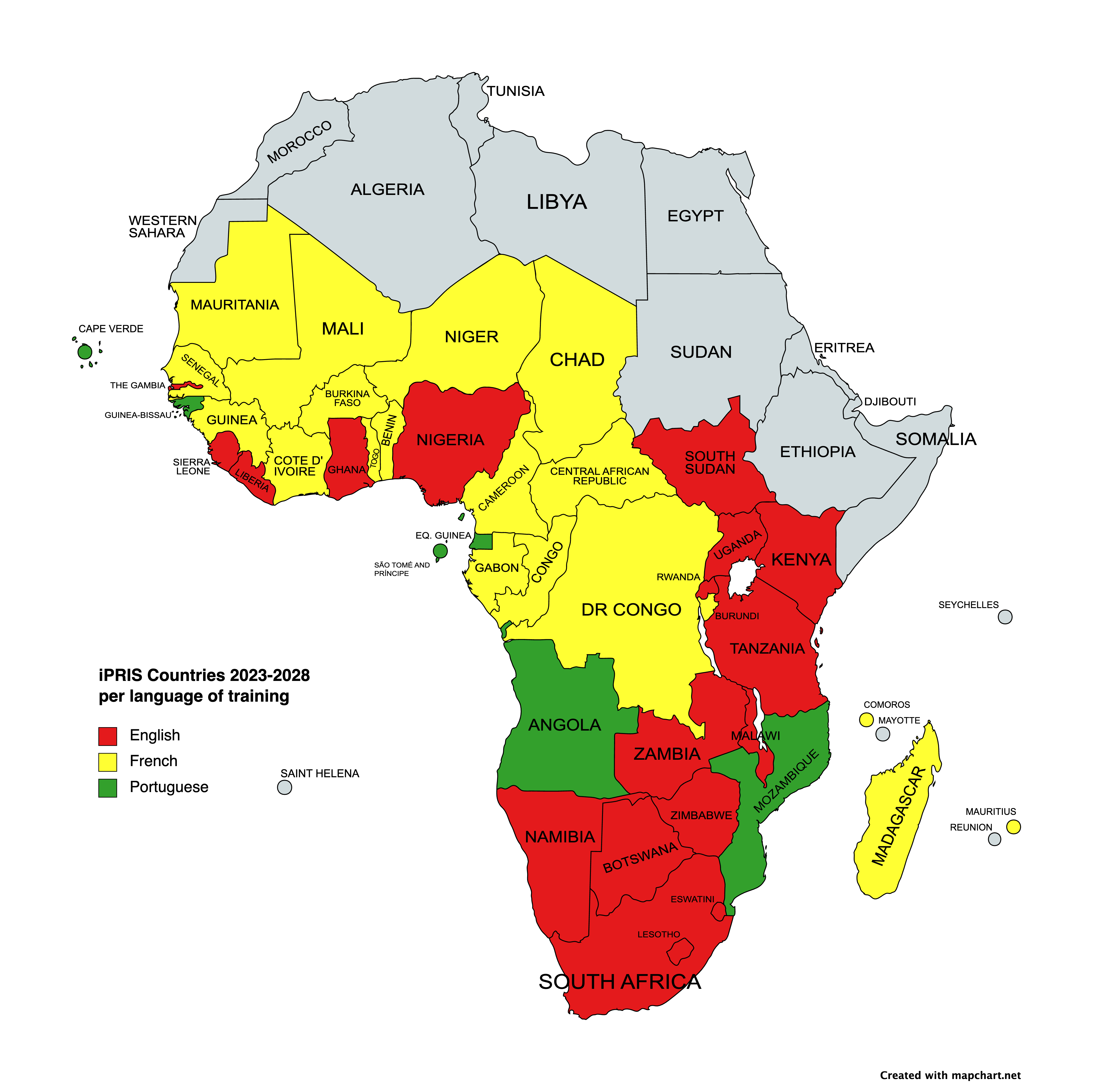ICT Policy & Regulation – Institutional Strengthening
SPIDER coordinates the Team Europe Initiative for 43 Sub-Saharan African countries to participate in an inclusive peer-to-peer capacity-building project for National Reglatory Authorities and Regional Regulatory Organisations. The iPRIS project is implemented by SPIDER, the Swedish Post and Telecom Authority (PTS), and Institut Luxembourgeois de Régulation (ILR)
The initiative is made possible by funding from the European Commission, Sweden, and Luxembourg.

AFRICAN COUNTRIES
AFRICAN REGIONAL REGULATORY ORGANISATIONS
LEADERS TO BE TRAINED


Why SPIDER prioritises Institutional Strengthening for better digital inclusion
ICT policies and regulation underpin the digital revolution and are a foundation for equity in access to the Internet, for giving consumers rights, and for safeg-guarding personal data. National Regulators play a key role in creating enabling environments where innovation thrives and economic growth is possible. It is therefore essential that we at SPIDER support the strengthening of these institutions for citizens across Africa. By teaming up with Regulatory Authorities in Sweden and Luxembourg we deliver a peer-to-peer training project where we listen to one-another, support inclusive digitalisation and harmonise partnerships.
2023 Eswatini, Kenya, Namibia, Nigeria, Sierra Leone, South Sudan and Zambia spent 2,5 weeks in Stockholm Sweden.
Africa phase will be in Zambia in March 2024
F.A.Q.
What is the iPRIS project about? How important is the project to global digitalisation? In what way can this project support equity? There is great interest for the SPIDER coordinated project iPRIS and here are a few questions that we are asked regularly.
What is the role of SPIDER in the iPRIS project?
SPIDER coordinates the project in partnership with PTS and ILR. The the latter are responsible for policy and content for regulatory expertise and training, as well as link to European Regulator Organisations.
SPIDER’s role goes beyond managing funds and processes of the project. We also deliver project leadership and management training, monitoring & evaluation, lend expertise on how gender, diversity, equity and inclusion can be achieved within the regulatory change initiatives and supports the African Regional Regulatory Organisations to achieve greater outcomes and ensure that the results of the project are widely shared and impact recorded.
How many countries will benefit from the iPRIS project?
iPRIS will include 43 African countries and their National Regulatory Authorities.
Which English speaking countries are part of iPRIS
18 English-speaking countries are part of iPRIS. Botswana, Eswatini, Ghana, Kenya, Lesotho, Liberia, Malawi, Namibia, Nigeria, Rwanda, Sierra Leone, South Africa, South Sudan, Uganda, Tanzania, The Gambia, Zambia, and Zimbabwe.
How many French-speaking countries are part of iPRIS and which are they?
19 French-speaking countries are part of iPRIS. These countries are; Benin, Burundi, Burkina Faso, Cameroon, Central African Republic, Chad, Comores, Cote d’Ivoire, Democratic Republic of Congo, Gabon, Guinea, Madagascar Mali, Mauritania, Mauritius, Niger, Republic of Congo, Senegal, Togo.
Will Portuguese speaking Africa be part of the project?
Portuguise speaking countries are 6 in the iPRIS project; Angola, Cap Verde, Guinea-Bissau, Mozambique, Sao Tome & Principe, Equatorial Guinea.
The Portuguese rounds are contingent on the engagement of Portuguese-speaking regulatory authorities in the project.
How can I know more about iPRIS?
iPRIS has it’s own designated website that will collate all the latest insights from the project, knowledge produced, images from important sessions and news about upcoming change initiatives. The website is ipris.digital
Who Funds the iPRIS project?
iPRIS is a project supported under the Team Europe Initiative ““D4D for Digital Economy and Society in Sub-Saharan Africa” (Code: 001). The project is made possible with co-financing from the EU, Sweden and Luxembourg. The contents of this web page are the sole responsibility of the implementing partners and do not necessarily reflect the views of the European Union, Sweden or Luxembourg.



